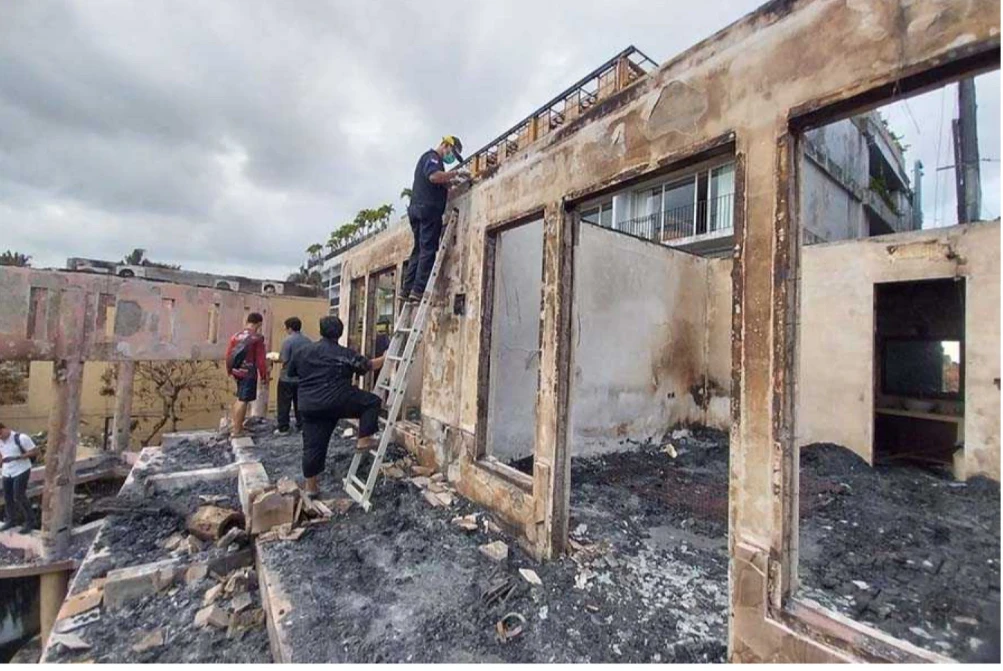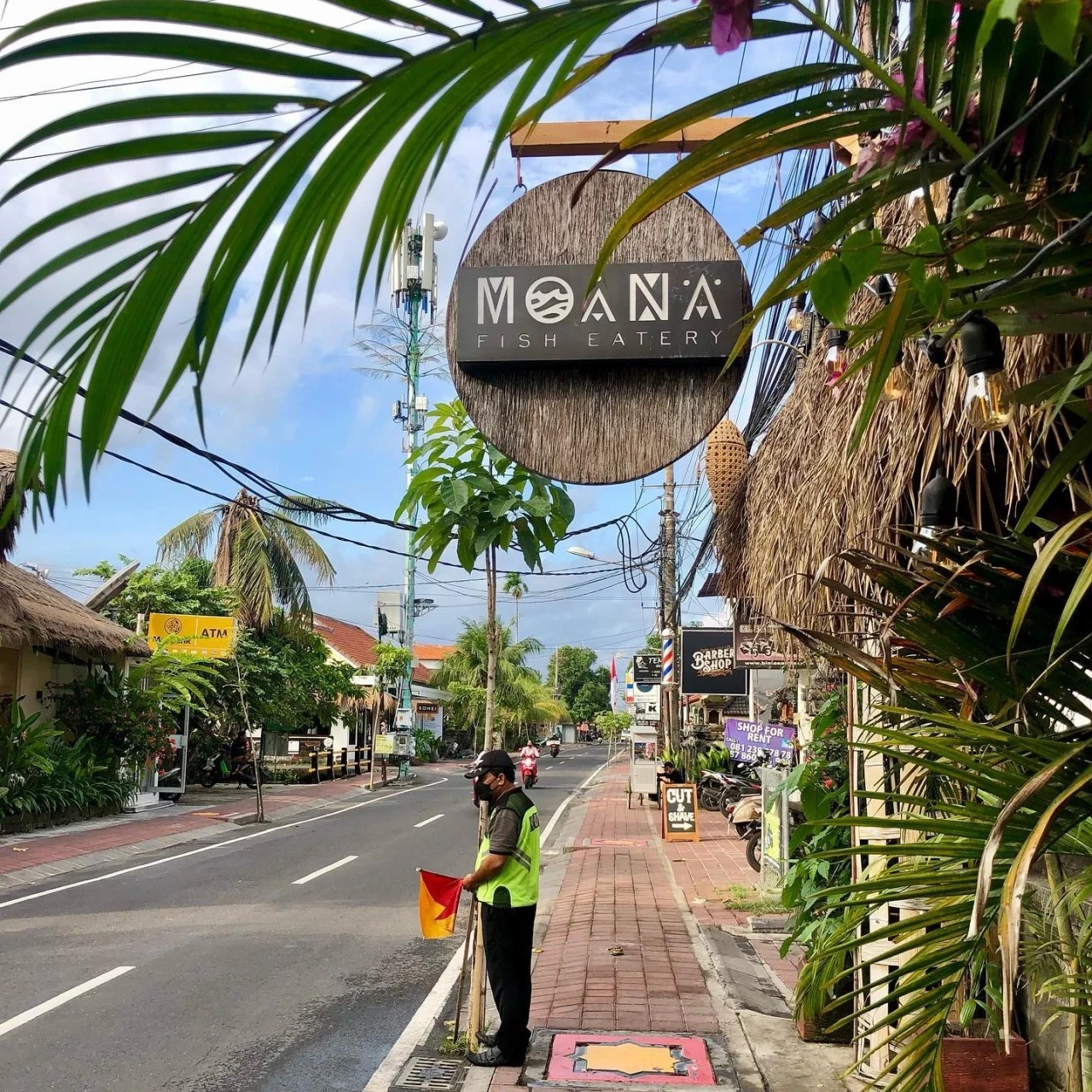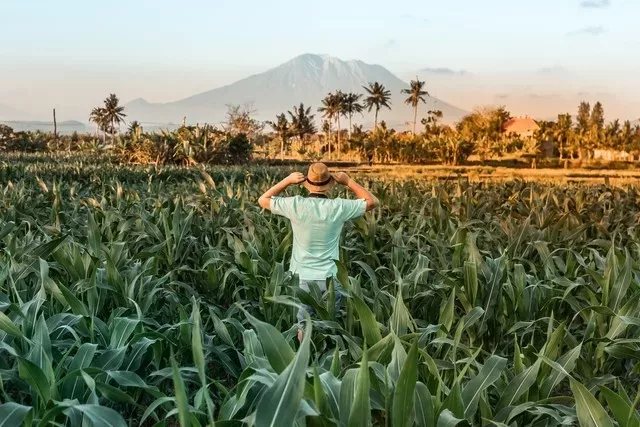
In just one week, over 20 buildings burned down in Bali: in Padangbai, two hotels and a restaurant were engulfed in flames, and another 19 villas went up in smoke in Seminyak. Fortunately, there were no casualties in either case, despite the buildings being occupied at the time. However, the damage is enormous, not only for the owners but also for the tourists whose belongings turned to ashes and whose vacations were ruined.
What these incidents have in common is that the burned buildings were constructed using eco-materials, which are highly flammable, including bamboo and thatch.
Experts are currently investigating the incidents to determine the causes. Nevertheless, it’s already clear that authorities will need to pay special attention to the safety protocols of both newly constructed and existing villas and hotels. For example, in Seminyak, one of the reasons the fire spread so rapidly was that the fire hose was too short. Witnesses reported that it was simply useless in the critical situation and couldn’t reach the flames.
The Deputy Chairman of the Bali Tourism Industry Association (GIPI), I Nyoman Astama, expressed his concern about the incidents. According to him, these incidents suggest that managers responsible for accommodating tourists are not taking their guests' safety seriously enough. In his view, this factor should be the most important in the hospitality industry.
Astama also noted that all accommodation facilities should be certified by the relevant authorities before opening to assess their risk level.
"Properties can be classified as low, medium, or high risk, and when they are in use, it’s important to maintain them according to the requirements of their specific category," he added.
The Chairman of the Bali Villa Association (BVA), I Putu Gede Hendrawan, also commented on the issue. He suggested that after the COVID-19 pandemic, property managers have focused on operational and technical maintenance tasks, while neglecting safety issues, which should remain a priority.
"This is something we need to seriously consider—how to minimize the chances of such situations happening again in the future. It's essential to review safety standards in villas and hotels. I urge the government to pay close attention to what steps we will take to prevent such incidents from recurring due to negligence or indifference," he advises.
The expert believes that hotels or villas at higher risk of fire, such as those with thatched roofs, should have enhanced fire protection. When choosing materials like thatch for construction, property owners must ensure that no one is working with open flames or any elements generating excessive heat near the buildings.
"If access roads are narrow and the area is difficult for vehicles to reach, precautions need to be carefully planned in case of a fire. Emergency staircases are an absolute requirement for multi-story buildings to prevent undesirable outcomes," he said.
Moreover, according to I Putu Gede Hendrawan, all safety protocols should be prepared in advance and be accessible to all relevant parties, so that in the event of a fire, everyone understands their responsibilities and knows how to carry them out.
He confirmed that his team from the Bali Villa Association will continue to promote and develop standardized safety certification to ensure that tourists can book accommodations with confidence. Hendrawan also emphasized that he wants to ensure oversight of adherence to these certification standards, guaranteeing that villa owners don't just comply once and then neglect safety standards again.
"This team will continue to monitor and remind entrepreneurs of the need to improve safety systems at their establishments. This is serious. During the dry season, the main factors that accelerate the spread of fires are short circuits or carelessness in operations," he concluded.


